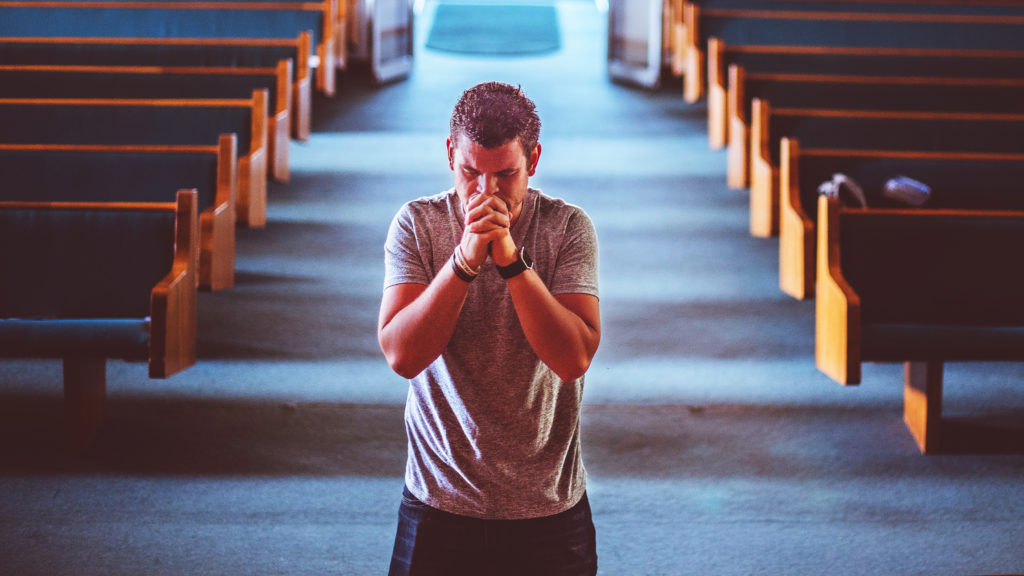The calls, emails, text messages and letters flow through our office weekly, sometimes daily, and on occasion the request is made in person. “This topic is of the utmost urgency and you must address it now with everything you’ve got,” they all say in some form or the other.
For the most part, the issues are real and should be addressed but it always intrigues me how each person determines his or her preferred issue to address is more important than all others.
We see it play out when debating the abilities of those running for political and other elected positions, as well as in every day life among families, communities and work places.
It also surfaces among church leaders and those in denominational roles as they face constant pressure and temptation to fight for various sides related to secondary — or nonessential — issues rather than stay focused on the primary — or essential — issues.
For those of us who follow the Christian faith, we would agree Jesus Christ crucified, resurrected and ascended provides our one and only option for salvation — by grace through faith in Christ alone. That’s an essential of the faith.
Nonessentials include style of music, church government structure and qualifications for ministers.
But so many in church life spend endless energy debating nonessential issues and vying for the presence and dollars of the faithful, forgetting the number of unreached continues to grow right under our noses.
Along with there being plenty of people available to fill every church building, a solid focus on the essentials rather than nonessentials maps out a smoother path to unity for believers, as well as the opportunity for more people to hear about Jesus.
A unified whole would most definitely shine brighter for Christ than a scattered, fractured sprinkling of people of faith.
The same concept also could work within broader groups of people attempting to coexist on this planet we call Earth.
So how do we determine the most important and most urgent concerns of our time? First, we need to list all the options.
We can certainly jot down the demand for and participation in sex trafficking; drug and alcohol abuse and addiction; e-cigarettes and vaping; acts of terrorism; shooter attacks on schools and churches; choosing to abort babies; the rising level of mental health issues; and suicide rates.
We might also note the high number of broken homes; the growing division and disunity among Americans as a whole and within smaller pockets of society; the prison system; the violent persecution of people of faith in other countries; and the cultural/societal shunning of people of faith in the U.S.
Other issues listed by many deal with illegal immigration, health care, the environment, what topics and potential agendas are being taught in public schools, the national debt, quality and funding of our military, tax rates and what they are used to fund, government aid programs, the economy, opportunities for high-paying jobs, hunger issues, racism and the value and protection of human life.
Illegal gambling as well as increased forms of legalized gambling also surface consistently as areas of concern along with a continued expansion of what the laws will allow in relation to legalized drug use, various forms of marriage and what falls in the hate crimes category.
Whew, what have I forgotten to list? I’m sure there are more issues of concern to add but I’m already overwhelmed reading over what I was able to outline here in less than five minutes.
So rather than continually arguing with each other about what we should all be fighting for or against — and wasting lots of energy — what if we all determined our personal priorities and worked on those within our specific areas of influence?
A calmer approach just might bring better results.
And more importantly, what if we maintained our ultimate priority of loving the Lord our God with all our heart, mind, soul and strength, and loving our neighbor as ourself, above all other concerns?






Share with others: